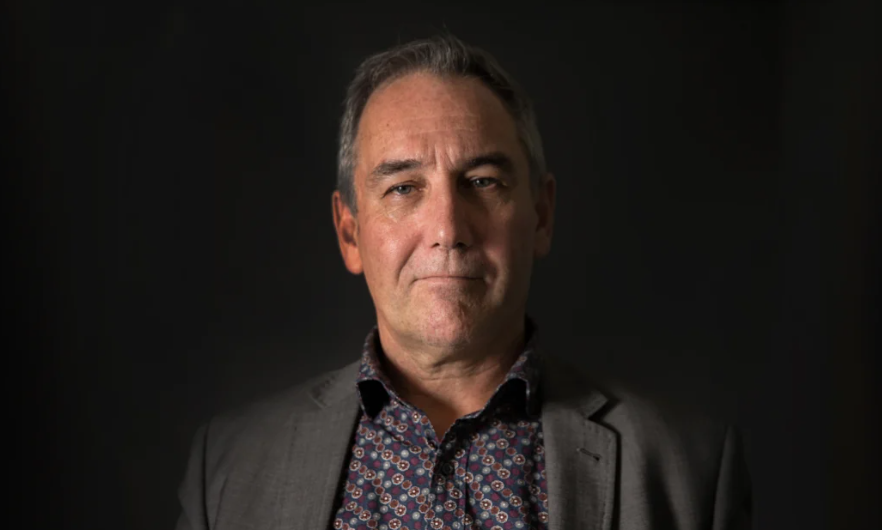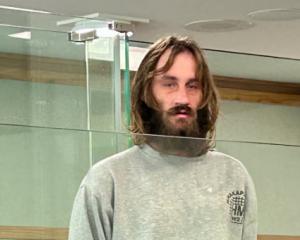
The second phase of the police initiative to step back from mental health callouts will begin on Monday, requiring police in some districts to stay no more than an hour after dropping a patient off at an emergency department (ED), unless there was an immediate risk to safety.
The rollout would begin in Waitematā, Counties Manukau, Waikato and Tasman.
Health NZ told RNZ the change would roll out to the remaining districts over time, with dates to be confirmed in coming weeks.
Each district was assessed for its "readiness" to implement the changes, a spokesperson said in a statement.
Dr Kate Allan, from the Australasian College of Emergency Medicine, said she agreed police should step back from mental health but hospitals were not ready to handle potentially violent patients without police support.
"The mental health crisis calls for a health response, not a law and order response, so it is a good thing patients are being brought to the emergency department," she said.
"But we need to ensure we've got support within the emergency departments to manage any of these patients should they become violent."
Mental Health Foundation chief executive Shaun Robinson said New Zealand should take cues from the United Kingdom's approach.
"I look at the English model, where the police withdrew from mental health but the English government put in a billion pounds into new services to replace the police," he said. "And even then, the mental health sector said that was not enough."
In comparison, New Zealand was woefully underprepared, he said.
"I'm still in the dark as to what measures have been taken to ensure that any EDs are actually able to accommodate this change. If the police are going to pull out of supporting mental health callouts, then there has to be something to replace them."

Mike Johnson told Morning Report only five health districts were properly prepared for that change to begin next week: Waitematā, Counties Manukau, Waikato (excluding Tokoroa and Taumarunui), Nelson-Marlborough and West Coast.
"They are the ones that are ready to go, and the partnership is strong, and the services are in place.
"There are eight other districts that need more work, and we've taken that phased approach to make sure we get this right."
Johnson said police received advice from a governance group for the programme - which includes representatives from the Ministry of Health, Health NZ and ambulance agencies - on each district's readiness.
Officers spending an hour sitting with patients before they're assessed "feels like a reasonable period", he said.
But he acknowledged some patients were complex and challenging.
"We're always going to make sure that both police staff, those we're dealing with and the clinicians or those that are helping them, are safe. If that's the case, we won't be leaving in 60 minutes because it's not reasonable and safe to do so."
Police are also aiming to take detained people to a mental health facility within half an hour of their assessment at the hospital.
"It's not just off-loading," Johnson said.
"It's so that they can get the help that's needed, and that the treatment and care is appropriate for the person and the state that they are in."













